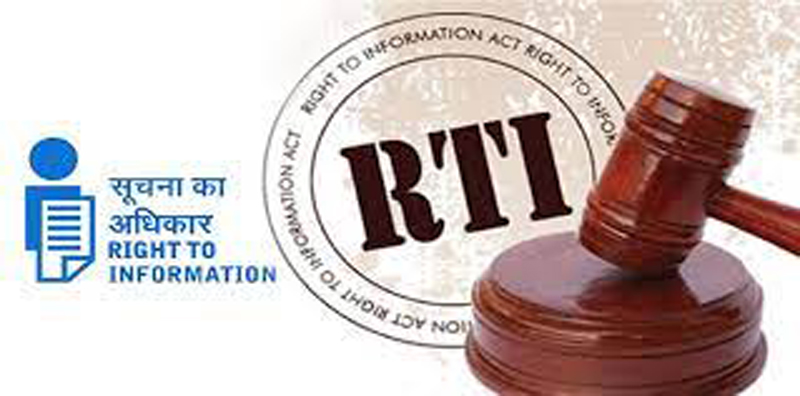In 1997- The Jammu and Kashmir Immovable Property Act was put in place for preservation, protection and restrain on distress sales of properties of migrants. The respective District Magistrate were deputed custodian of these properties and any grievance on this front was supposed to be attended swiftly. But terrorism never allowed migrants, specifically Kashmiri Pandits, to return back to Kashmir and see the condition of their properties. Moreover, even if there were encroachments they were helpless to pursue their cases in such hostile environment as life is too precious to be risked for immovable property. However recently GoI in collaboration with LG administration, using technology, put up an online portal where all these complaints can be put for necessary action. 8000 applications have been received and 6000 already resolved, about 2500 kanals of migrant property land has been recovered. Practically more than three decades have passed, as such generation change has taken place with the result new generation even don’t know the locations of properties, some have power of attorney but no other document, some don’t have registries and so many other complications. Some smart ones tried to get the duplicate set of papers from Revenue Department, years passed but no information was granted and ultimate resort is to file an RTI to retrieve the said property information but concerned officers have treated these RTI applications only good enough for dustbins. The information which has to be given in 30 calendar days, not working days, has been denied for more than a year. More shocking is the fact that passing on the buck is still the strategy with no action on ground, they even don’t bother to appear before even CIC and Rs 250 per day penalty is nothing for them, least bothered about maximum twenty five thousand penalty. Case after case of different departments, story is same, Jammu and Kashmir officers are no more answerable to the RTI Act seems the uniform undeclared decision. Rules of RTI act are clear but it seems all Government officials are taking this monetary clause too lightly. Time has come for CIC to enact Section 20(2) of the RTI Act by virtue of which CIC or SIC can recommend disciplinary action as per the service rules applicable to the PIO. Rules are clear, once an appeal has come the onus lies with PIO to prove that he/she acted reasonably and diligently and it is for PIO to prove why the delay was there, unintentional or deliberate. When set rules are so clear why so many officers are taking things so casually? Time and again the Commission has reminded the authorities about their proactive role in implementing the provisions of the RTI Act to ensure transparency, accountability and citizen centric governance. Administration must find the way out as denying the information is definitely a step to defy law and intentionally block the justice. On one side LG Administration is focusing on delivering the services at doorstep through e-Governance but on the other hand few officers appointed as PIO are openly defying the law, acting like stumbling block to Government’s directives. Situation is serious enough for higher authorities to issue a stern reminder to all PIO’s, fall in line, follow the set rules or otherwise face the disciplinary action as prescribed under the law.
Trending Now
E-Paper


